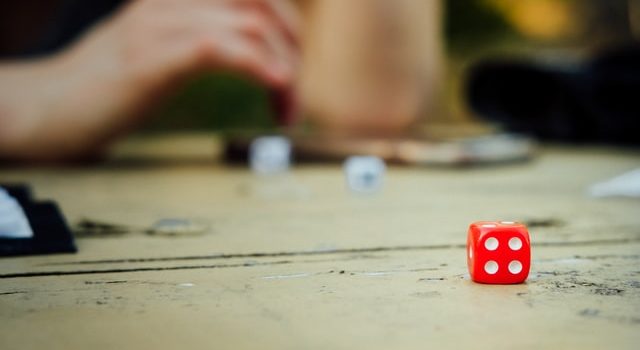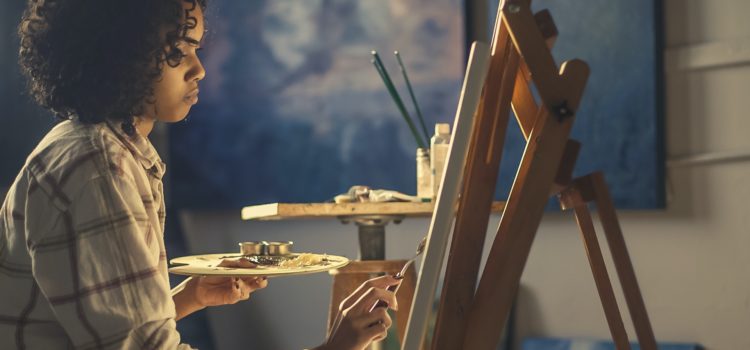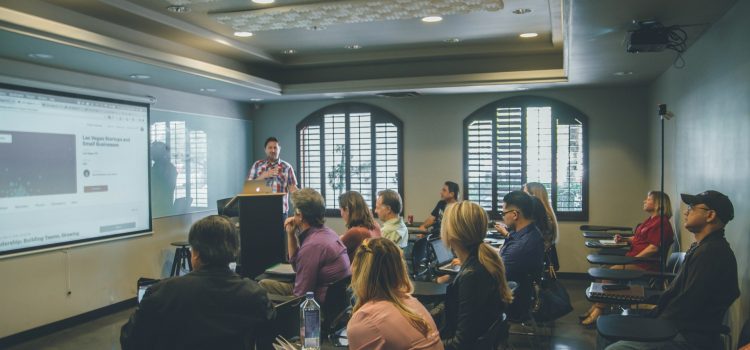What is step 1 in John Kotter’s 8-step model? Why is it important do develop a sense of urgency when initiating change in a company? In his book Leading Change, John Kotter says a sense of urgency is a crucial first step to change because nothing will change if your employees don’t feel it is necessary. Complacency is the first hurdle you must get over if you want to initiate change. Here is John Kotter’s step 1 in his 8-step model for change.
John Kotter: A Sense of Urgency Drives Change









